We all like our cosmetics to smell good, and aromas have been with humanity for thousands of years.
The sense of smell connects directly with emotions and memories, which is why a smell can transport us to our childhood or to a place or an experience lived in the past.
The aromas or perfumes that are part of the ingredients of cosmetic products are actually the sum of several components, many of which are allergens, that is, they can cause a reactivity of the immune system that can last a lifetime. The person who has generated sensitization to an allergen can generate allergic reactions, such as eczema or irritation, when exposed to small amounts of that allergen.
It is estimated that between 1 and 9% of the population in the European Union is allergic to fragrance allergens.
And if we think that this only affects synthetic perfumes we are wrong. Essential oils are natural aromatic compounds widely used in cosmetics for their aromatic characteristics among other interesting properties. What happens is that they are mixtures of a multitude of components, many of them also allergens.
European Regulation 1223/2009 already contemplates the obligation to declare 26 allergens when they are found at a concentration greater than 0.01% in products that are rinsed or greater than 0.001% in products that are not rinsed.
But when studying the situation, the Scientific Committee on Consumer Safety (SCCS), in its plenary meeting in 2012, ruled that in addition to the 26 allergens included in Annex III of the Regulation, 56 more allergens that have caused allergies in people. Additionally, fragrances such as prehaptens and prohaptens, which when oxidized can become contact allergens, will be treated as equivalent to fragrance allergens and will be subject to the same restrictions and regulatory requirements.
So that companies in the cosmetics industry can adapt to these new restrictions, an adaptation period is granted that starts counting from the entry into force of the Allergen Regulation in 2023. A period of 3 years (until 2026) is given for companies Companies adapt the labels and information on their products to the new restrictions and up to 5 years (until 2028) to remove products that do not comply from the market.
It seems like a long time, but companies that have many products have a lot of work ahead of them, since, from now on, such common components as orange, lemon, vanilla, eucalyptus, jasmine, lavender, rose, among others, must be included in labeling, in its INCI nomenclature if they are in concentrations higher than those established.
To all this, we must add the challenge of labeling so many ingredients in a cosmetic with a small container. The new restrictions for consumer safety mobilize the industry once again to adapt to new needs.
At Supplaffairs we help companies adapt to regulatory changes to continue offering safe products to consumers.

